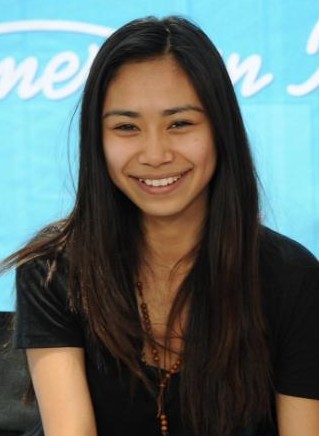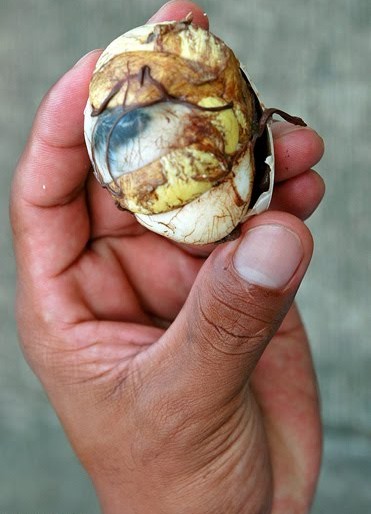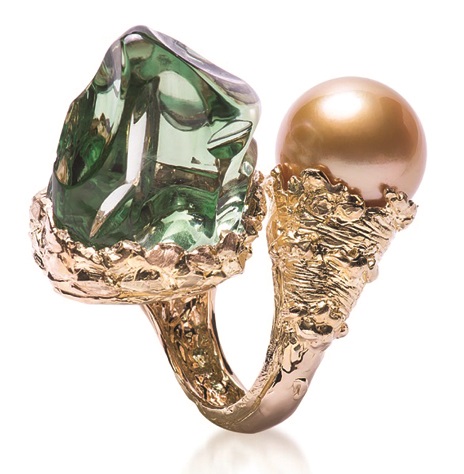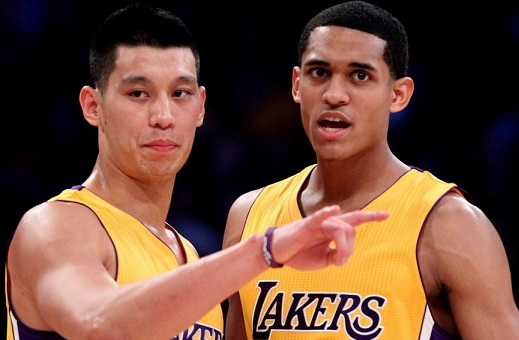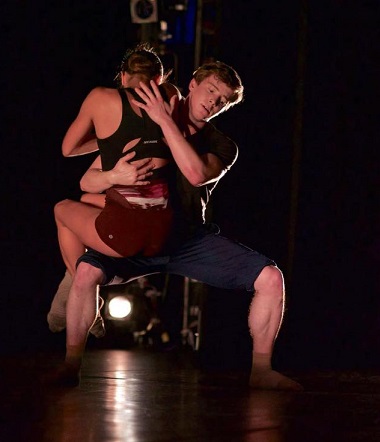Making a martyr of Maria Ressa
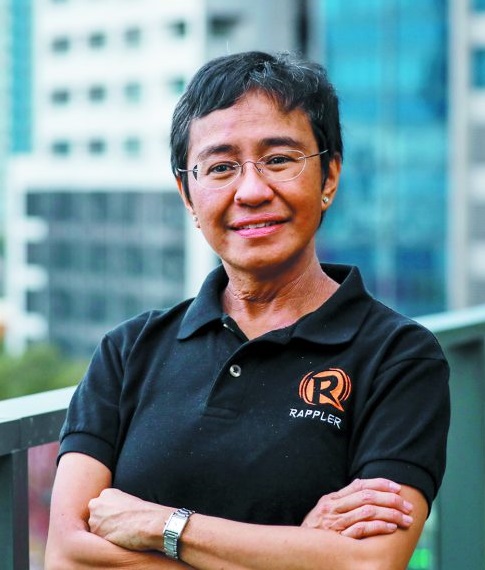
By Cristina DC Pastor
To understand Nobel Prize Laureate Maria Ressa and her tense conflict with Rodrigo Duterte, let’s go back 35 years when the Philippines ousted the Marcoses by People Power in 1986.
Maria – born in the Philippines and raised in Tom’s River, New Jersey by her mother and stepfather — returned home and embarked on a journalism career that began at the government station PTV 4. It was a short, like testing-the- waters kind of start. She had a B.A. degree in English from Princeton University, and completed her master’s degree in journalism from UP Diliman. In 1987, she and Cheche Lazaro founded the investigative news program Probe. Maria would move to CNN where she became Manila bureau chief and later its Jakarta bureau chief till 2005. Next stop in a career that was quickly shooting up was ABS-CBN where she led its News division. She left the network in 2010, but was already beginning to voice her thoughts against corruption, editorial independence, and the growing influence of social media. In 2011, Rappler was born with Maria as founder and CEO.
Maria and Duterte hit it off quite nicely when she interviewed him as a presidential candidate in 2015. It was a congenial meeting with both journalist and politician showing they could enjoy a friendly conversation. This would be followed by another interview in December, 2016. This time, Duterte was already president. Maria was more forceful, pressing him to elaborate on how he viewed Power and how he would use it as a leader. Duterte, if he was annoyed, did not show it. He danced around the question by sharing folksy anecdotes when he was mayor of Davao for many years and how he and the police worked well to keep order in the city.

The EJK – or extra-judicial killing of suspected drug users and pushers — began almost immediately when Duterte took his seat as the 16th Philippine president. The bodies piled up, the police were not being held accountable, and abuse of human rights was once again hovering around the Philippines just like when dictator Ferdinand Marcos was in power. Duterte was being called the post-Marcos dictator, and Rappler kept its anti-EJK reporting in a sustained way and gave it prominence.
The harassment of Rappler began with the shaming of the news site, Duterte calling it “fake news” and “foreign owned.” Its reporters were banned from Malacanang coverage or anywhere the president was present. In 2017, or a year after he became president, his government’s Securities and Exchange Commission called for an investigation of Rappler and its supposed foreign ownership. In 2018 it was accused of tax evasion. In 2019, Maria was accused of cyber libel over an article that was published before there was even a cyber libel law. She was arrested and released after posting bail.
More charges would be filed against Maria, by this time, a cause celebre in the human rights community.
She recalled in a panel “Documenting Press Freedom & Impact” to promote her 2020 documentary “A Thousand Cuts”: “I didn’t expect I’d ever be arrested…I have eight arrest warrants. Good god. I-I didn’t expect where we are almost 35 years after People Power.” The film, directed by Ramona Diaz, premiered at the Sundance Film Festival.
From the year 2017, the cases just kept coming down, she said. “2018 the government filed 11 cases and investigate — and began more investigations. 2019, the arrests– eight arrest warrants– and then all the cases began. I spent 90% of my time in courtrooms.”
Through it all, Maria was gripped with fear but conscious about having to keep it in check so she could continue being a publisher and a journalist, she told the panel.
“I realized, oh Christ, I can go to jail. And I spent maybe a month when I was grappling with it because I knew I needed to already — I needed to get it out of the way because if I’m scared, I can’t work. And I can’t– I can’t do my job if I’m scared. So, whatever it is you’re most afraid of, you have to, like, take it and own it, embrace it, and rob it of its sting.”
When conceptualizing Rappler, she said, she wanted to create a platform for “stories that will impact my world in a way that will change it for the better,” as she continues to figure out the balance between “pulling back and pushing forward.”
Maria was awarded the 2021 Nobel Peace Prize, sharing the honor with Dmitry Muratov of the independent Russian newspaper Novaya Gazeta.

